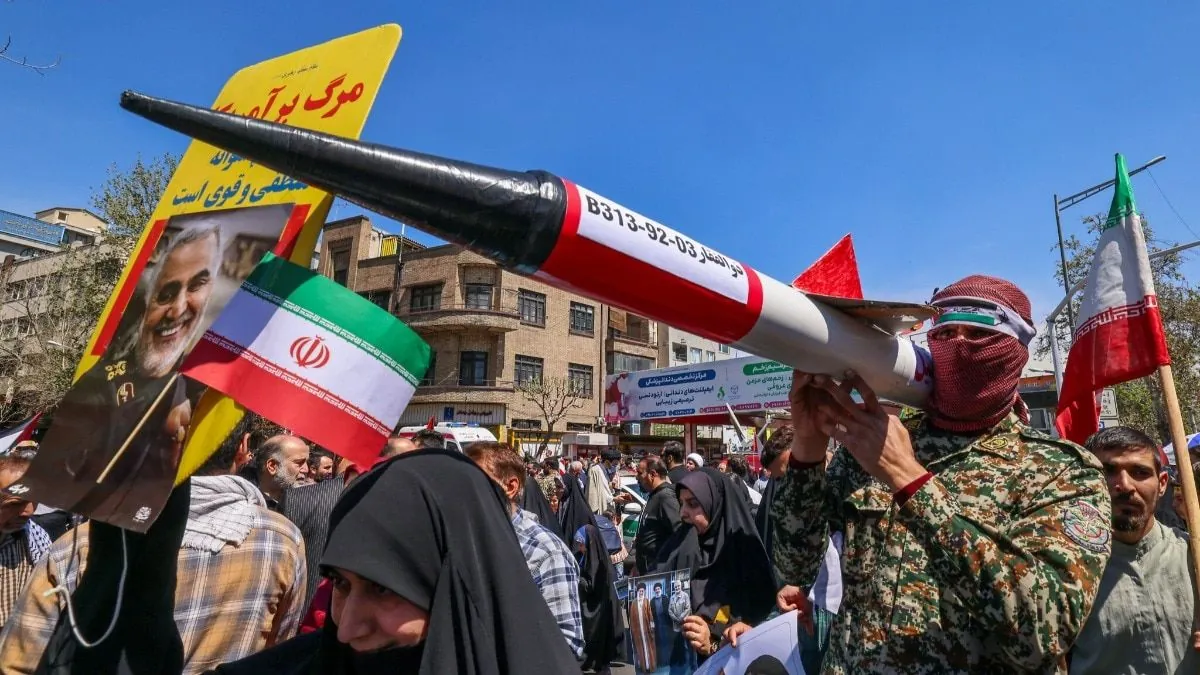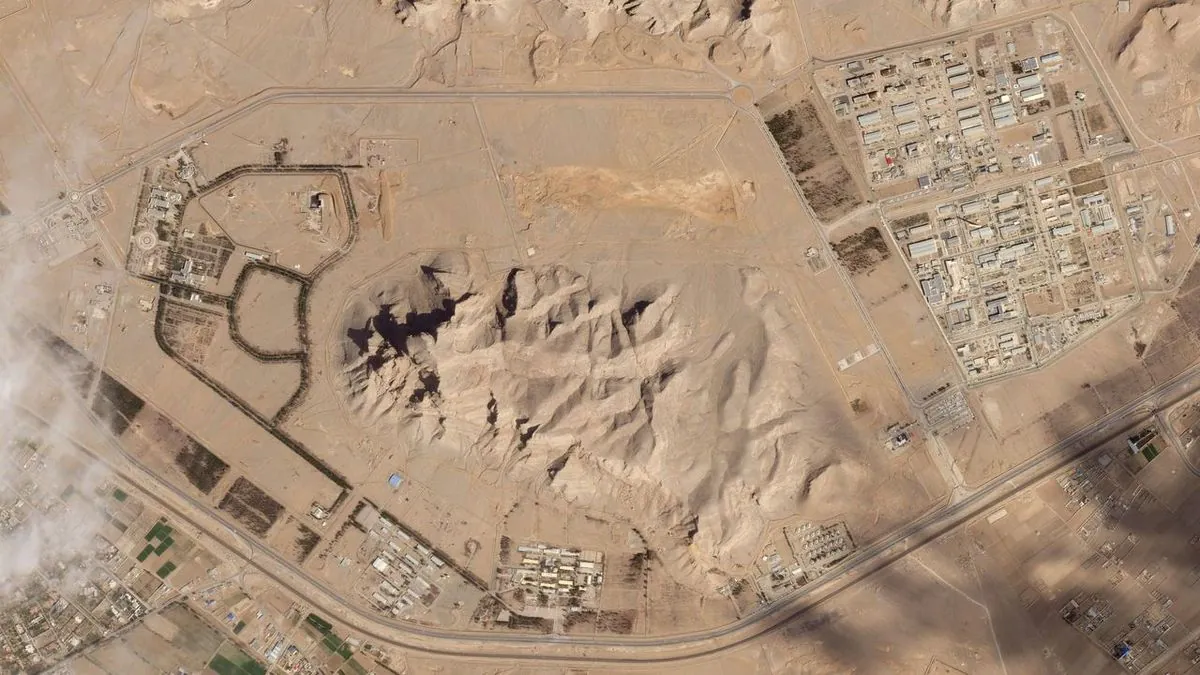Iran Launches Missile Attack on Israel, Escalating Regional Tensions
Iran fires over 180 missiles at Israel, claiming defensive action. Israel and US vow retaliation, raising fears of wider conflict. UN and EU call for immediate ceasefire amid escalating violence.

On October 2, 2024, Iran launched its largest-ever military strike against Israel, firing over 180 ballistic missiles. This attack marks a significant escalation in the long-standing hostility between the two nations, which has persisted since the 1979 Iranian Revolution.
Iran's Foreign Minister Abbas Araqchi stated that the operation was defensive and targeted solely at Israeli military facilities. He warned of a stronger response if Israel retaliated. The attack included the first use of Iran's hypersonic Fattah missiles, capable of traveling at speeds over five times the speed of sound.
Israeli Rear Admiral Daniel Hagari reported that most missiles were intercepted by Israel's air defenses and a US-led coalition. Israel's Iron Dome system, first deployed in 2011, played a crucial role in protecting civilian areas. Despite the extensive attack, no injuries were reported in Israel, although one person was killed in the occupied West Bank.

In response, Israeli Prime Minister Benjamin Netanyahu vowed retaliation, stating, "Iran made a big mistake tonight - and it will pay for it." The United States, Israel's long-standing ally, pledged support and promised "severe consequences" for Iran. This commitment is underscored by the 2016 Memorandum of Understanding between the US and Israel, which provides $38 billion in military assistance over ten years.
The attack comes amid heightened regional tensions, with Israel intensifying its operations in Lebanon over the past two weeks and continuing its year-long conflict in the Gaza Strip. The Gaza Strip has been under an Israeli-Egyptian blockade since 2007, while the West Bank has been under Israeli occupation since 1967.
International reactions were swift. The United Nations Security Council scheduled an emergency meeting for October 3, 2024. The European Union, through its Common Foreign and Security Policy established in 1993, called for an immediate ceasefire. UN Secretary-General Antonio Guterres condemned the "escalation after escalation," urging all parties to stop the cycle of violence.
The situation has raised concerns about a potential wider regional conflict. The ongoing Syrian Civil War, which began in 2011, and the complex dynamics involving groups like Hezbollah, founded in 1985, add to the regional instability. The strategic importance of the Strait of Hormuz for global oil transportation further complicates the geopolitical landscape.
As tensions escalate, the international community watches closely. The Abraham Accords of 2020, which normalized relations between Israel and several Arab states, now face a significant test. The coming days will be crucial in determining whether diplomatic efforts can prevent further escalation or if the region will descend into a wider conflict.
"Any Israeli response to Tuesday's missile attack would be met with vast destruction of Israeli infrastructure. We also promise to target regional assets of any Israeli ally that gets involved."
This crisis underscores the complex web of alliances and conflicts in the Middle East, with implications reaching far beyond the immediate region. As the world awaits Israel's next move, the hope for a peaceful resolution remains, albeit fragile.


































